Current progress in metal–organic frameworks and their derivatives for electrocatalytic water splitting
Literature Information
Yujung Chen, Kehan Jin, Yun Zheng, Huaiyu Shao, Guangqin Li
The shortage of conventional energy is a major challenge today. Electrocatalytic water splitting producing hydrogen has been widely recognized as the sustainable mode to address the energy crisis. However, its catalysts suffer from inefficiency. Metal–organic frameworks (MOFs) are a class of novel porous materials with tunable porosity and adjustable structure, which serve as valuable catalysts for electrocatalytic water splitting. Herein, the latest research progress of MOF-based materials towards efficient electrolysis of water is presented, including the design and preparation strategies of catalysts as well as the challenges faced. Firstly, the mechanism of water splitting is succinctly explicated. Subsequently, the synthesis principle and electrochemical property enhancement strategy of MOFs and their derivatives are emphatically summarized. Finally, the current major challenges of MOF-based materials are discussed, along with perspectives for future investigation directions.
Related Literature
IF 6.222
Performance of electrode-supported silica membrane separators in lithium-ion batteriesIF 6.367
A hollow neuronal carbon skeleton with ultrahigh pyridinic N content as a self-supporting potassium-ion battery anodeIF 6.367
Sugar ketals as a platform molecule to overcome the limitation of converting biomass into green-hydrocarbons in a typical refineryIF 6.367
Inside back coverIF 6.222
Photoactivatable fluorophores for durable labelling of individual cellsIF 6.222
Synthesis and hydrogen evolving catalysis of a panchromatic photochemical molecular deviceIF 6.367
An improved fluorescent protein-based expression reporter system that utilizes bioluminescence resonance energy transfer and peptide-assisted complementationIF 6.222
Surface structure-dependent electrocatalytic reduction of CO2 to C1 products on SnO2 catalystsIF 6.367
Outstanding Reviewers for ChemComm in 2020IF 6.222
Source Journal
Inorganic Chemistry Frontiers
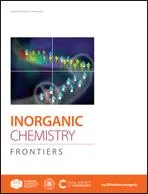
Inorganic Chemistry Frontiers publishes research articles, reviews, notes, comments and methods covering all areas of inorganic chemistry. Emphases are placed on interdisciplinary studies where inorganic chemistry and organometallic chemistry meet related areas, such as catalysis, biochemistry, nanoscience, energy and materials science. For publication in Inorganic Chemistry Frontiers, papers should report high-quality work of exceptional novelty, which will be of significant interest to the wide readership of the journal.
Recommended Compounds
Recommended Suppliers
 Kunshan Lide Precision Machinery Co., Ltd.
Kunshan Lide Precision Machinery Co., Ltd. Tianjin Bochuang Chemical Co., Ltd.
Tianjin Bochuang Chemical Co., Ltd. Nantong Yixun Chemical Industry Co., Ltd.
Nantong Yixun Chemical Industry Co., Ltd. Alenco Environmental Consult GmbH
Alenco Environmental Consult GmbH Shanghai Hudong Boiler Factory
Shanghai Hudong Boiler Factory Guangdong Huilian_DA Chemical Co., Ltd.
Guangdong Huilian_DA Chemical Co., Ltd. Wuhu Thompson Biotechnology Co., Ltd
Wuhu Thompson Biotechnology Co., Ltd Huzhou Hehua Machinery Co., Ltd.
Huzhou Hehua Machinery Co., Ltd. DECKMA HAMBURG GmbH
DECKMA HAMBURG GmbH Hu Yue Xing Instrument Co., Ltd.
Hu Yue Xing Instrument Co., Ltd.










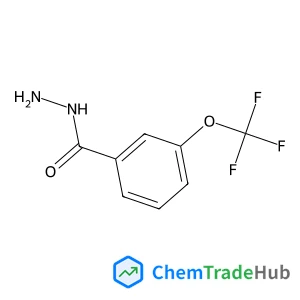
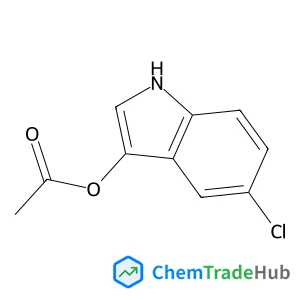
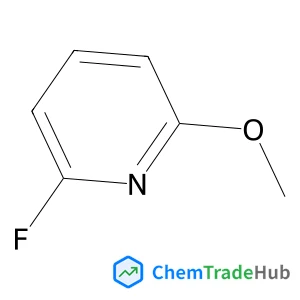
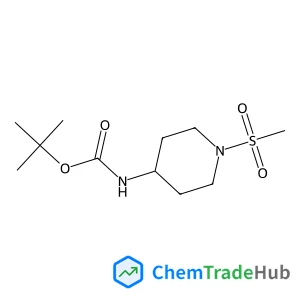
![1337532-29-2 - 1-(5-(4-amino-7-methyl-7H-pyrrolo[2,3-d]pyrimidin-5-yl)-4-fluoroindolin-1-yl)-2-(6-methylpyridin-2-yl)ethanone 1337532-29-2 - 1-(5-(4-amino-7-methyl-7H-pyrrolo[2,3-d]pyrimidin-5-yl)-4-fluoroindolin-1-yl)-2-(6-methylpyridin-2-yl)ethanone](/structs/133/1337532-29-2-edb6.webp)